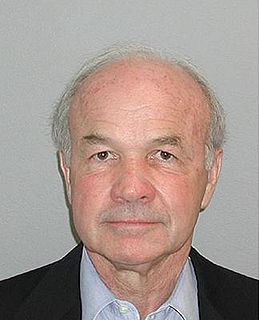A Quote by Alexander Gilkes
There is such opacity within the art market. There's also an abundance of fraud and misrepresented goods, which leads to mistrust between buyers and sellers.
Related Quotes
Yes, when they're buying there are more buyers in the market and that's supportive of the price. The more buyers you have, the firmer the price is going to be. When central banks were selling it was a headwind the market had to overcome. Now it's a tailwind that central banks are joining the buyers.


































